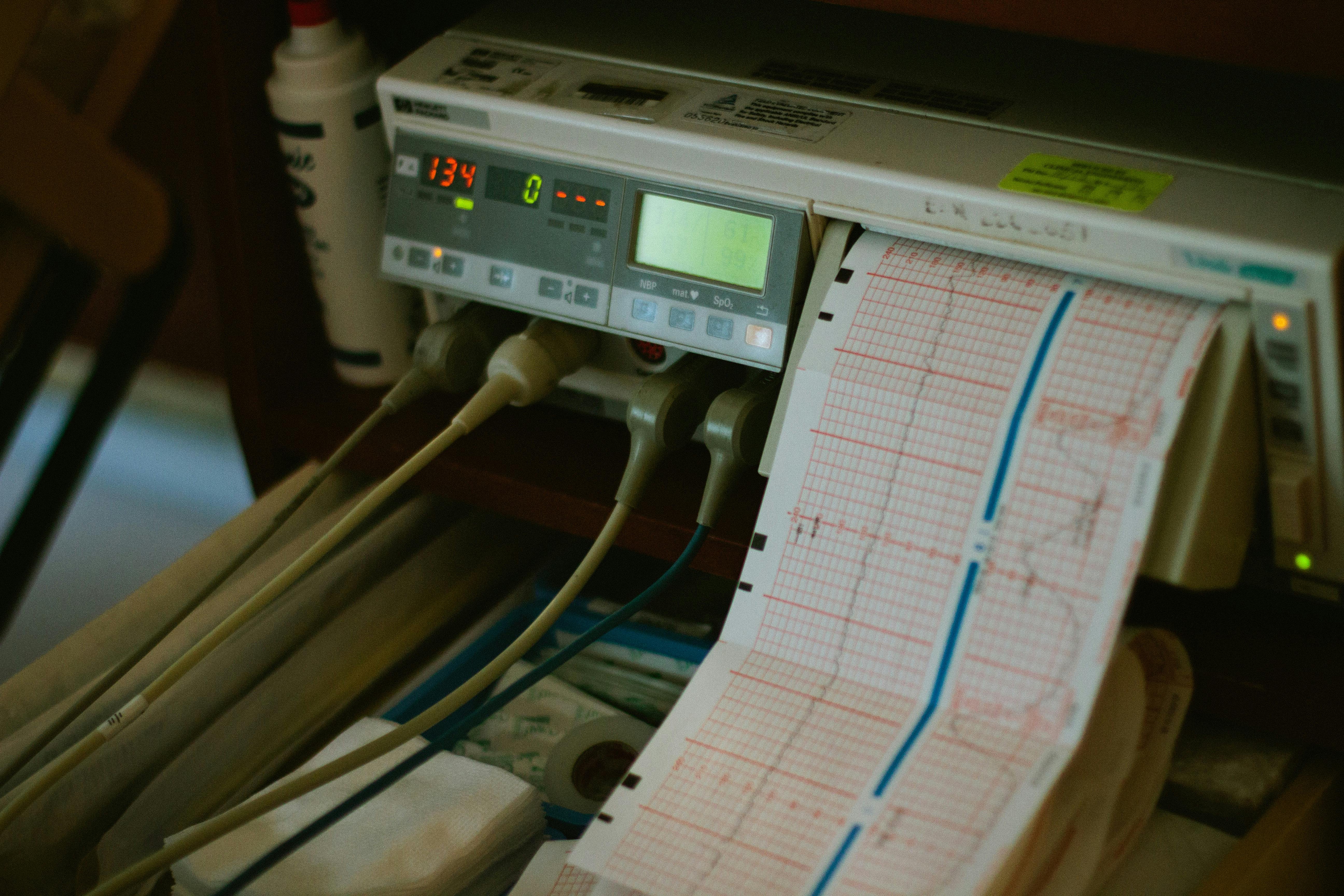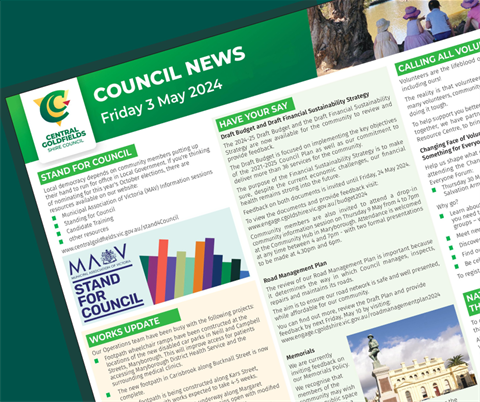Assistant Minister to the Prime Minister for Mental Health and Suicide Prevention
More than $383 million will be invested into mental health and suicide prevention support and services in New South Wales over the next five years, following the signing of a new bilateral agreement between the Commonwealth and NSW governments.
This agreement and additional funding will ensure NSW residents are guaranteed the essential services they need and deserve.
The funding includes:
- $121.3 million for universal aftercare services in New South Wales to support individuals following a suicide attempt and / or suicidal crisis.
- $106.1 million will be invested into headspace to substantially expand and enhance services, ensuring it can reach more young people across the state.
- $84.5 million to establish 14 new adult Head to Health treatment centres, including five new centres and nine satellite centres across the state.
- $35.9 million to establish Head to Health Kids Hubs to improve access to multidisciplinary team care for children
- $15.7 million to improve perinatal mental health screening and enhance capture and reporting of national consistent perinatal mental health data.
- $14.7 million to ensure all people in New South Wales who are bereaved or impacted by suicide can access postvention support services.
- $4.9 million to implement a Distress Intervention Trial Program to prevent and reduce suicidal behaviour.
In addition to these initiatives, the Commonwealth and NSW governments will substantially deepen their partnership in the mental health and suicide prevention system, through greater data sharing and evaluation of services, closer integration of referral pathways, and working together on the regional planning and commissioning of services. The bilateral agreement will also build and support the mental health and suicide prevention workforce, including the peer workforce.
NSW will become the first state in the country to commit to ongoing universal aftercare for residents discharged from hospital following a suicide attempt. Two trial sites will also be established in NSW for aftercare services for people who have experienced a suicidal crisis without being admitted to hospital.
Young Australians across NSW will also have better access to mental health services, with headspace receiving a significant boost in funding to substantially expand and enhance services.
By the end of 2026, staffing levels will be increased at 31 headspace services across NSW, and three new centres will be established.
These services will be well integrated with local NSW services to ensure a supportive transition for those experiencing severe and complex mental ill health.
Fourteen new adult Head to Health treatment centres will also be established, including five new centres and nine satellite centres across the state, operating under a ‘no wrong door approach’.
This is in addition to the state’s first Head to Health centre that opened in Penrith late last year and will continue to support Australians in the ‘missing middle’ and those who are too unwell for the general primary care system but not unwell enough to require inpatient hospital services or intensive state-based community care.
Care will be delivered by multidisciplinary teams consisting of psychiatrists, general practitioners, psychologists, alcohol and drug specialists, mental health nurses, social workers, occupational therapists, mental health workers and lived experience workers.
To support children aged 0-12 years, the Morrison and Perrottet Governments will establish four Head to Health Kids mental health and wellbeing centres. These centres will provide multidisciplinary support for infants, children and their parents, and improve early intervention outcomes for children’s mental health.
Other key initiatives include state-wide postvention support for families and carers who have been bereaved by suicide, additional perinatal mental health support for new and expectant parents, and the establishment of two distress intervention trials to reach people in crisis earlier and provide immediate support.
Implementation of these initiatives will be informed by people with a lived experience of mental ill-health and suicide, including their carers and families. This will be important to achieving a mental health and suicide prevention system that is person-centred and consumer focused.
Minister for Health and Aged Care, Greg Hunt said the agreement will ensure people in NSW will have access to more support, when and where they need it.
“This landmark partnership between the Commonwealth and NSW will have a significant impact on the lives of many Australians across the state, including young Australians and children, who have been impacted by the COVID-19 pandemic,” Minister Hunt said.
NSW Minister for Women, Regional Health and Mental Health said this investment will support the NSW Government’s efforts to work towards its ambitious target of zero suicides.
“From launching the world’s largest suicide prevention training program to opening 20 Safe Havens as places of safety and refuge for those in distress, we’re serious about reducing the heartbreaking impact of suicide in NSW. This landmark agreement with the Commonwealth Government will help us to open more services in regional areas that bear a significant amount of that pain and loss,” Mrs Taylor said.
“I commend the Prime Minister and Ministers Hunt and Coleman for their commitment to supporting the mental health and wellbeing of NSW residents.”
Assistant Minister to the Prime Minister for Mental Health and Suicide Prevention, David Coleman, said the bilateral agreement means NSW becomes the first state in Australia to commit to universal aftercare for all residents who are discharged from hospital following a suicide attempt.
“We know the risk of suicide is greatest in the days and weeks following discharge from hospital due to a previous suicide attempt, yet not everyone in this group receives follow up care. These people are amongst our most vulnerable, and through this agreement we are committing to do everything we can to support them.”
The bilateral agreement forms part of the National Mental Health and Suicide Prevention Agreement, which has been endorsed in-principle by the Commonwealth and all state and territory governments and is expected to be finalised in the coming weeks.
The National Agreement considers key mental health reports and inquiries including recommendations from the Productivity Commission’s Inquiry into Mental Health and the National Suicide Prevention Adviser’s Final Advice. It outlines actions to build a comprehensive, coordinated, consumer focused and compassionate mental health and suicide prevention system to support all Australians.
The National Agreement will clarify roles and responsibilities; progress improvements in the mental health services available to adults, children and youth; improve data collection, sharing and evaluation; reduce gaps in the system of care; expand and enhance the workforce, including the peer workforce; and work to improve mental health and suicide prevention for all Australians, across a range of settings.
The Commonwealth continues to negotiate similar bilateral arrangements with all other states and territories.
The Morrison Government has invested a historic $2.3 billion in the National Mental Health and Suicide Prevention Plan through the 2020-21 Budget to deliver significant reform of the mental health system and ensure that all Australians have access to high quality, person-centred care as we emerge from the COVID-19 pandemic.
This brings the health portfolio expenditure in mental health and suicide prevention services and supports in 2021-22 to a record high of $6.5 billion.
Australians needing support throughout the COVID-19 pandemic can access the Beyond Blue Coronavirus Wellbeing Support Service any time via telephone at 1800 512 348 or online at coronavirus.beyondblue.org.au
Anyone experiencing distress can also seek immediate advice and support through Lifeline (13 11 14), Kids Helpline (1800 55 1800), or the Government’s digital mental health gateway, Head to Health.
If you are concerned about suicide, living with someone who is considering suicide, or bereaved by suicide, the Suicide Call Back Service is available at 1300 659 467 or Suicide Call Back Service.
Young Australians needing support can access free services through Kids Helpline (1800 55 1800), their local headspace or online through eheadspace.








